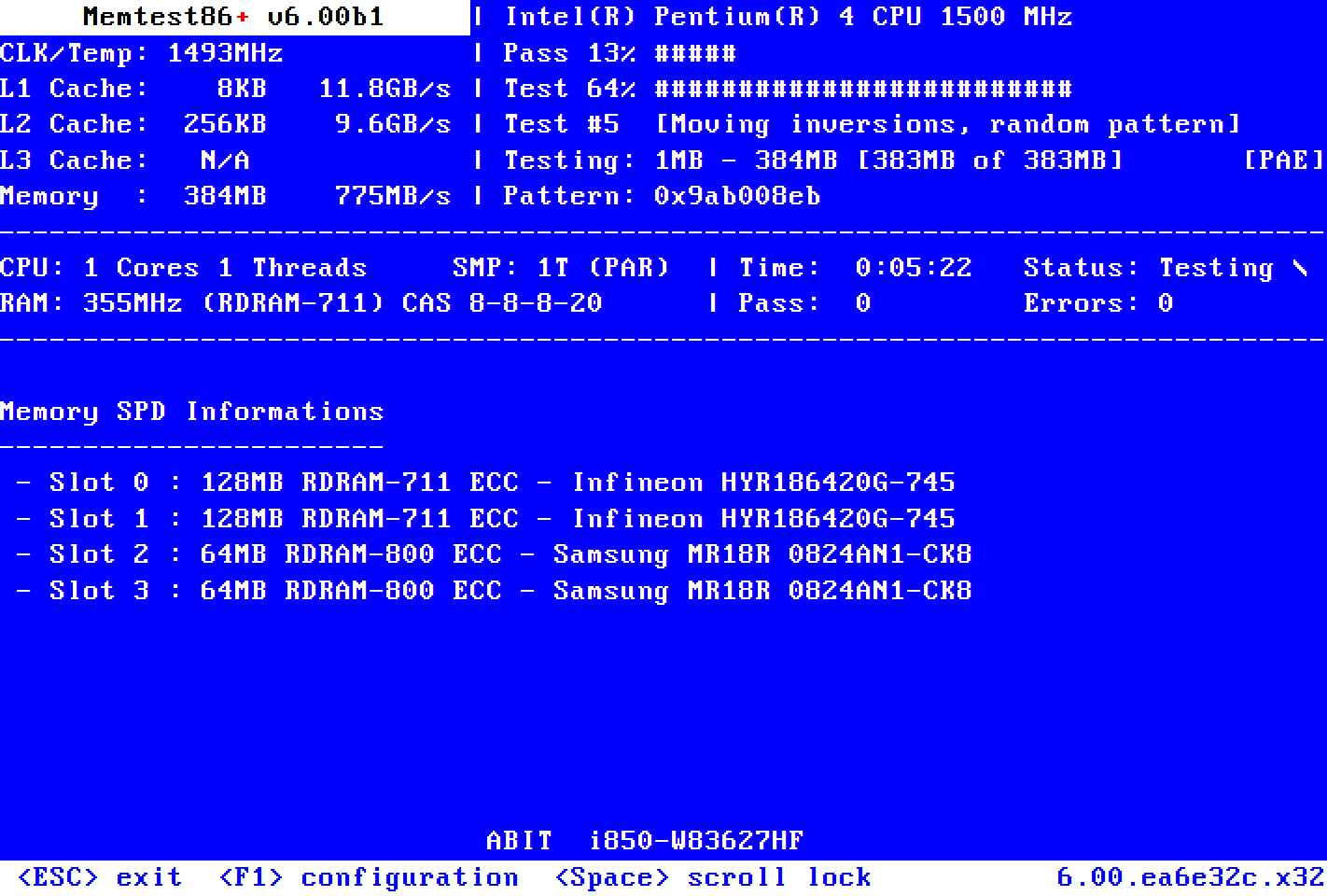Hi, I recently built a new PC and I have been having issues with running my RAM at the speeds it is rated for. I set it to 6000mhz via XMP mode from the day I got it, and from time to time it bluescreened, figured it was just Windows being weird. After a while the bluescreens turned into outright freezes followed by a restart. Strangely it was never during gaming, it would just randomly do it if I was watching a YT video, talking in a discord call or even when the pc was just idling on the desktop. After I set my RAM to 5600mhz(again via XMP, i did not really find an option to set it to stock 4800) the issue was pretty much gone.
SPECS
MBD: ASRock Z790 Pro RS (BIOS ver. 15.01)
CPU: Intel i5-12600k (set to default clocks/speeds, never overclocked)
GPU: Gigabyte GTX 1080 Xtreme Gaming
RAM: Kingston Fury Beast (2 x 16GB) DDR5 6000MHz
PSU: 750w COUGAR GEX 80 Plus Gold
As far as I know the CPU and mobo should both support 6000mhz ddr5 without instability, at least with the newest BIOS on my mobo. My knowledge only goes so far, hence why I am reaching out here in hopes of someone qualified seeing this thread. I can post a picture of all the RAM settings in the BIOS if needed. Thanks in advance!
SPECS
MBD: ASRock Z790 Pro RS (BIOS ver. 15.01)
CPU: Intel i5-12600k (set to default clocks/speeds, never overclocked)
GPU: Gigabyte GTX 1080 Xtreme Gaming
RAM: Kingston Fury Beast (2 x 16GB) DDR5 6000MHz
PSU: 750w COUGAR GEX 80 Plus Gold
As far as I know the CPU and mobo should both support 6000mhz ddr5 without instability, at least with the newest BIOS on my mobo. My knowledge only goes so far, hence why I am reaching out here in hopes of someone qualified seeing this thread. I can post a picture of all the RAM settings in the BIOS if needed. Thanks in advance!


